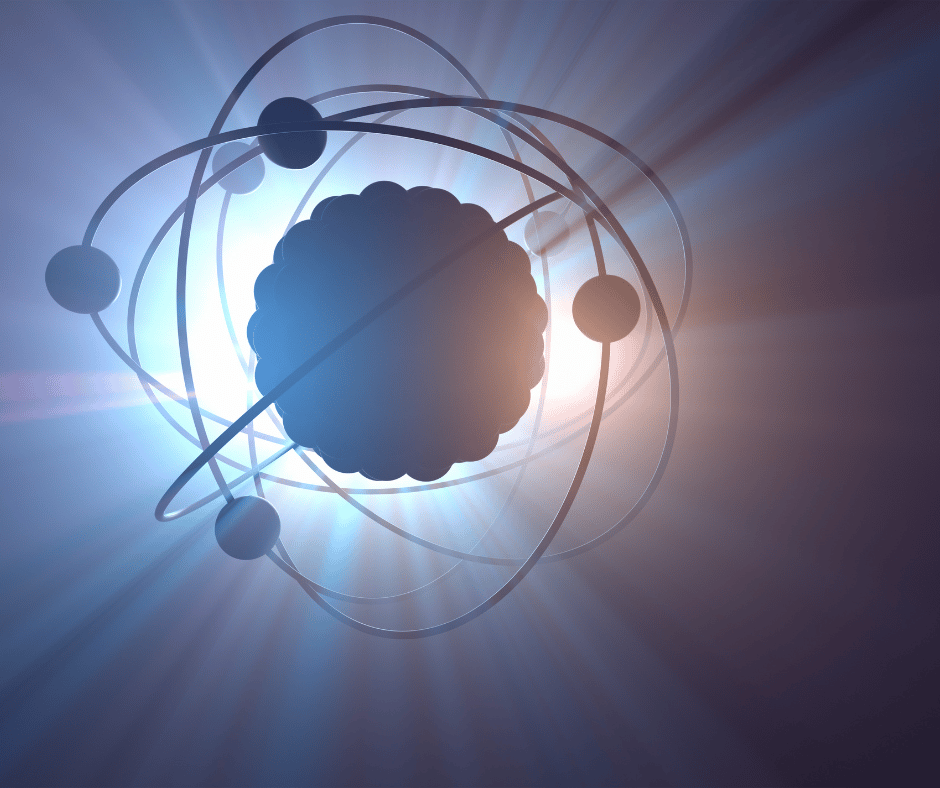Nuclear physics and quantum mechanics are two fields of study that deal with the fundamental nature of matter and energy. While they are distinct areas of study, they are closely related and have led to some of the most significant scientific discoveries of the past century.

Nuclear Physics
Nuclear physics is the study of the atomic nucleus, which is the tiny, densely packed core of an atom. Atoms are made up of protons, neutrons, and electrons, with the protons and neutrons residing in the nucleus. Nuclear physics explores the behavior and properties of these subatomic particles, including how they interact with each other and with other forms of matter and energy.
One of the key discoveries in nuclear physics is the concept of nuclear fusion and fission. Nuclear fusion occurs when two atomic nuclei combine to form a heavier nucleus, releasing a tremendous amount of energy in the process. Nuclear fission, on the other hand, is the splitting of a heavy nucleus into two smaller nuclei, also releasing a significant amount of energy. These processes are the basis for nuclear power plants and nuclear weapons.
Quantum Mechanics
Quantum mechanics is a field of study that deals with the behavior of matter and energy at the subatomic level. It is based on the concept of quantum theory, which states that energy and matter exist in discrete packets or particles, rather than continuous waves as previously believed.
Quantum mechanics explores the properties of particles such as electrons, photons, and quarks, and how they interact with each other and with other forms of matter and energy. It also includes the study of wave-particle duality, which suggests that particles can exhibit both wave-like and particle-like behavior depending on how they are observed.
One of the most significant discoveries in quantum mechanics is the concept of superposition, which suggests that particles can exist in multiple states simultaneously. This has led to the development of quantum computing, which has the potential to revolutionize computing and cryptography.

Nuclear Physics and Quantum Mechanics Relationship
While nuclear physics and quantum mechanics are distinct areas of study, they are closely related. Quantum mechanics provides the theoretical framework for understanding the behavior of subatomic particles, which are crucial to understanding the behavior of the atomic nucleus. Many of the discoveries in nuclear physics rely on the principles of quantum mechanics, such as the concept of energy levels in the atomic nucleus.
In conclusion, nuclear physics and quantum mechanics are two fields of study that are essential to understanding the fundamental nature of matter and energy. While they are distinct areas of study, they are closely related and have led to some of the most significant scientific discoveries of the past century. The insights gained from these fields of study have practical applications in nuclear energy, computing, and other areas, making them vital areas of research for the future.
